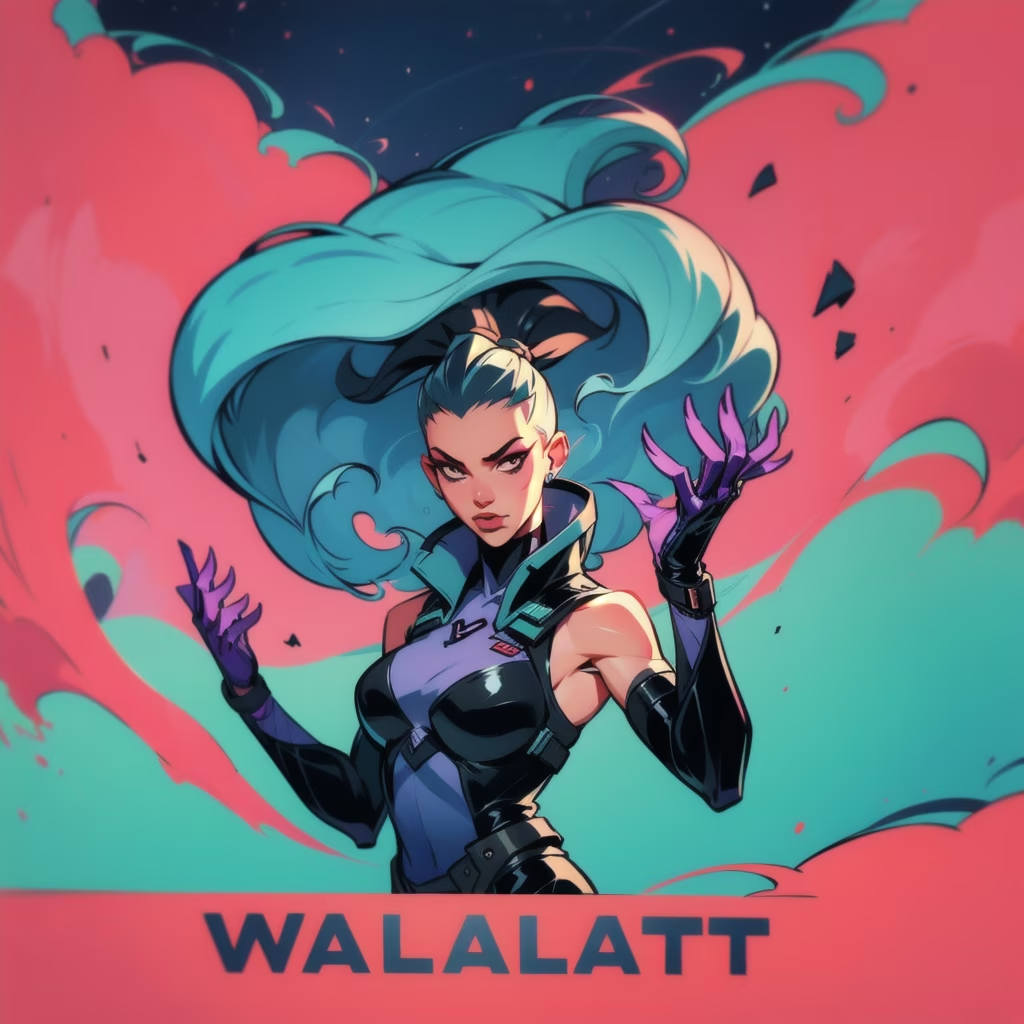Sinatraa's Fall from Grace: Abuse Allegations and Esports Accountability
Sinatraa's meteoric rise in esports crumbled under serious sexual assault allegations, raising crucial questions of accountability and support.
I still remember watching Sinatraa dominate the Overwatch League Grand Finals in 2019, his mechanical brilliance earning him MVP honors and cementing his legacy as one of esports' brightest stars. Fast forward to March 2021, and that legacy now hangs in tatters after sexual assault allegations from his ex-girlfriend Cleo Hernandez sparked industry-wide repercussions. The contrast between his meteoric rise and catastrophic fall forces us to confront uncomfortable questions about accountability in gaming communities.

The Allegations That Shook Esports
Hernandez's 10-page statement painted a disturbing picture of their nine-month relationship, alleging:
-
Emotional manipulation through gaslighting and public humiliation
-
Physical aggression during intimate moments
-
Psychological warfare via screenshared DMs and text exchanges
"I've seen how women get treated when they speak up against prominent figures," Hernandez wrote, highlighting the courage required to challenge a celebrity player. Her documentation included timestamped evidence that made casual dismissal impossible—a crucial factor in the rapid organizational responses.
Institutional Reactions: Damage Control or Progress?
Within 24 hours:
| Organization | Action Taken |
|---|---|
| Sentinels | Suspended Sinatraa pending investigation |
| Riot Games | Removed him from Valorant Champions Tour |
| Overwatch League | Offered MVP skin refunds & badge removal |
While the speed of these decisions suggested seriousness, it made me wonder: Would a less prominent player have faced such swift consequences? The OWL's token refund gesture felt particularly hollow—like trying to erase digital footprints of a human tragedy.
Sinatraa's Defense: A Textbook Non-Apology?
His TwitLonger response followed the classic controversy playbook:
-
Selective acknowledgment: "We remember things differently"
-
Vague contrition: "I'm sorry for how things ended"
-
Strategic cooperation: "Providing full evidence to investigators"
But glaring omissions stood out. He never addressed specific incidents Hernandez documented, like allegedly forcing non-consensual acts. This left fans divided—some demanded presumption of innocence, others noted how often abusers weaponize "due process" to stall consequences.
People Also Ask
-
Why do esports orgs prioritize PR over victim support?
-
Can virtual items like MVP skins truly symbolize accountability?
-
How many unreported abuse cases exist behind pro gaming's glamour?
The Uncomfortable Truths
This scandal exposes esports' adolescence crisis. We've built stadiums and million-dollar prizes, but where are the:
-
🚫 Mandatory consent training for players
-
🛡️ Anonymous reporting systems
-
🤝 Partnerships with abuse support organizations
When Hernandez wrote, "He'll use his fame to say this isn't true," she predicted the community's split reaction. I saw it firsthand—Twitch chats flooded with both #BelieveSurvivors hashtags and "Don't cancel him!" pleas. This polarization mirrors broader societal struggles, compressed into our niche world of headshot percentages and meta compositions.
What Comes Next?
As investigations continue, I can't help but reflect: Sinatraa's case sets precedent. Will we see:
-
🔄 More victims coming forward?
-
📜 Strictened codes of conduct?
-
💔 Permanent damage to his dual-game legacy?
The Overwatch League removing his MVP badges from the Alien skin feels symbolic—an attempt to digitally scrub away tainted glory. But true progress requires more than deleting cosmetic items. It demands rebuilding systems that empower victims long before they need 10-page manifestos to be heard.
As I watch his empty chair in Sentinels' matches, I wonder... how many other chairs might soon sit vacant? And what price will esports pay to keep its stars in check?